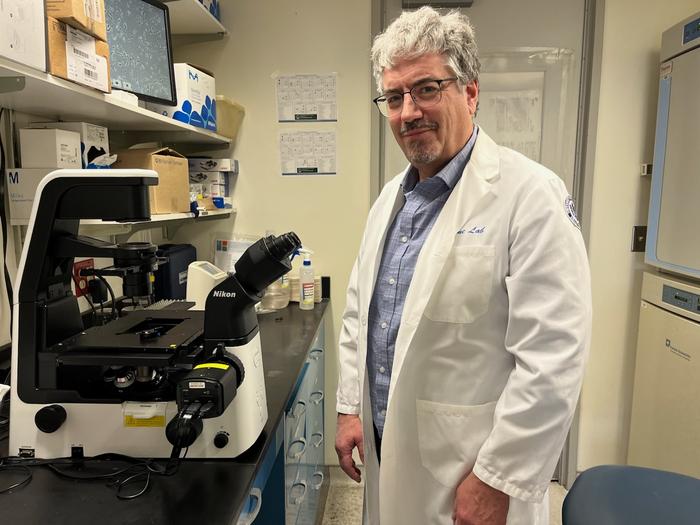Researchers at the University of Connecticut (UConn) School of Medicine are achieving significant milestones in autism research, making strides that have the potential to revolutionize our understanding of the disorder. Just as anticipation for the Super Bowl begins to build, this research announcement unveils a promising breakthrough for autism advocates and families, further evidence that sports and science can fuel remarkable transformations. Backed by a substantial grant from the Eagles Autism Foundation, UConn’s innovative research will expand its focus on the genetic factors influencing autism spectrum disorders (ASD).
The Eagles Autism Foundation, an organization dedicated to funding advanced autism research initiatives, has chosen UConn’s project as one of the 22 key studies to receive a portion of the impressive $8.1 million raised through community engagement and fundraising efforts. This funding is primarily generated from the Eagles Autism Challenge, a popular annual event that unites fans and raises invaluable support for autism research. This initiative has collectively funded 169 projects across the globe since its inception, finding ways to enhance lives impacted by autism through scientific inquiry.
A prominent figure spearheading this research effort is Dr. Eric S. Levine, a neuroscientist and professor at UConn School of Medicine. Not only is Dr. Levine a celebrated professor, but he is also a dedicated Eagles fan, making his involvement with the Eagles Autism Foundation particularly meaningful. His expertise has been instrumental on the foundation’s Advisory Board, where he has evaluated numerous research proposals. Recently, Dr. Levine decided to apply for funding to support his own ambitious research into the genetic underpinnings of autism, leading to this momentous award that will financially sustain his innovative laboratory work.
The grant of $400,000 over two years will significantly enhance UConn’s research capabilities. Dr. Levine’s team aims to identify genetic pathways associated with ASD by examining two rare genetic syndromes, Angelman Syndrome and Dup15q Syndrome, that present profound autism-like characteristics. Affecting approximately one in 5,000 children, these syndromes are linked to specific chromosomal abnormalities, fostering insights into their shared genetic roots. By focusing on this particular genetic region, researchers are poised to understand connections between these disorders and broader autism spectrum conditions.
Leveraging state-of-the-art techniques, Dr. Levine’s lab is reprogramming skin and blood cells from patients with the identified syndromes. This transformation allows these cells to develop into neurons that encapsulate the unique genomic profiles of individual patients. This personalized approach to medicine marks a shift from traditional single-gene mouse models; it offers an opportunity to study neuronal behavior through a more authentic lens—using the actual cells derived from children living with autism. This novel technique is opening a door to understanding the crucial genomic interactions linked to autism.
Through this research work, Dr. Levine aims to dissect how specific genetic anomalies affect the functioning and processes within neuronal cells. This method can be transformative, as researchers can observe the disease’s variability amongst individuals, thereby tailoring future therapeutic avenues in more personalized directions. The prospect of simulating patient-derived brain cells in the laboratory introduces a new level of complexity that enables detailed analysis and experimentation, expanding possibilities for understanding gene-environment interactions in autism.
Dr. Levine’s research goes beyond basic genetic exploration; it seeks to identify the various genes involved and how their interactions in different individuals play a role in neurological function and behavior. This goal reflects a commitment to address both the biologics of autism at the cellular level, as well as potential therapeutic interventions that might improve patient outcomes. The ultimate ambition is to bridge lab research with direct implications for treatment, paving the way for meaningful breakthroughs that could enhance both symptom management and improve quality of life for children on the spectrum.
Dr. Levine’s passion for neuroscience and autism awareness comes from profound engagement with families navigating the
Tags: autism advocacy and fundingautism research breakthroughsautism spectrum disorders geneticscommunity engagement in autism researchDr. Eric S. Levine contributionsEagles Autism Foundation grantfunding for autism studiesinnovative autism research initiativesneuroscience and autismSuper Bowl and science collaborationtransformative autism research projectsUConn autism research





